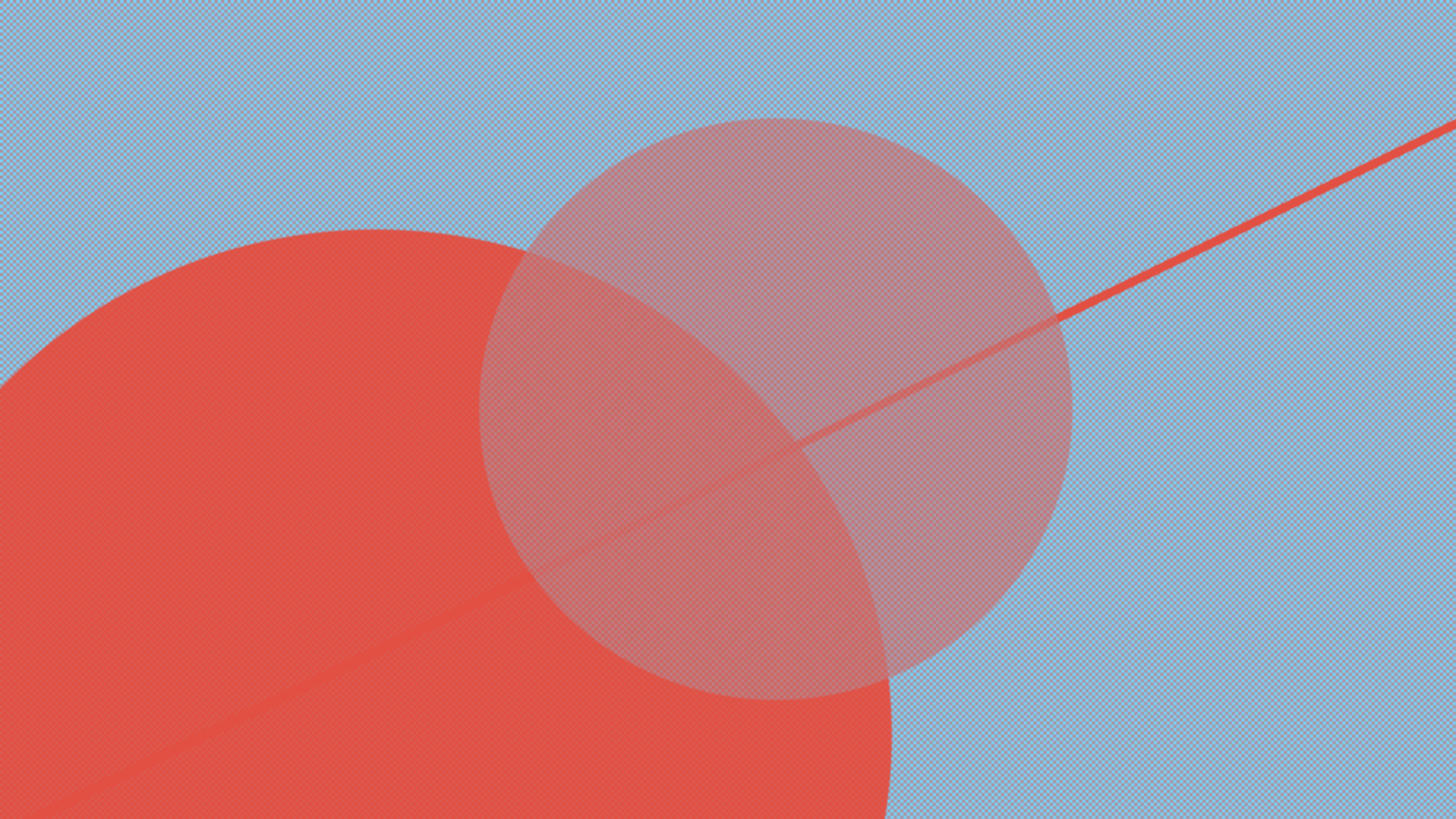Nature knows no indecencies
There is a wonderful editorial in Nature this week which I have to share with you (it is closed access but there is an accessible copy here). Apparently Nature has been getting complaints about the fact that they continue to print verbatim their 1869 mission statement which talks about “scientific men”. Obviously this is causing female scientists to conclude that they can’t submit work to Nature and giving them a feeling of guilt if they read its content which is so clearly not meant for them.
The solution to the problem? Simple, add “[sic]” after the offending gender specific collective noun. “a Latin word meaning ‘thus’, after the phrase — in effect expressing the sentiment ‘alas, dear reader, this is what was said'” to quote the editorial. The mission statement printed in the journal now reads
“…Secondly, to aid scientific men[sic] themselves, by giving early information of all advances made….”
There is no question that sexism should have no place in science, and anyone doubting Nature’s credentials here could do a quick head count of their editorial staff, which contains at least as many women as men. So what has this actually achieved?
Suzanne Franks, over at Thus Spake Zuska, thinks this is a near pointless alteration, but it seems to me that Nature has uncovered a whole new function for [sic]. I had always thought it was a disclaimer when quoting text letting me indicate that I know there is an error in the text but that I am quoting verbatim. Basically [sic] says “I didn’t make a mistake, the error is in the original”. Now it seems we can use it to indicate that we disagree with the original wording and are sure that the author would too if they were around to ask.
This is going to be so useful. I can see it now. Jane Austen:
“It is a truth universally acknowledged, that a single man[sic] in possession of a good fortune, must be in want of a wife[sic].”
or Neil Armstrong
“That’s one small step for man[sic]; one giant leap for mankind”
Best of all there is Mark Twain (as suggested by my colleague Rebecca):
“Nature knows no indecencies; man[sic] invents them”
Any more?
